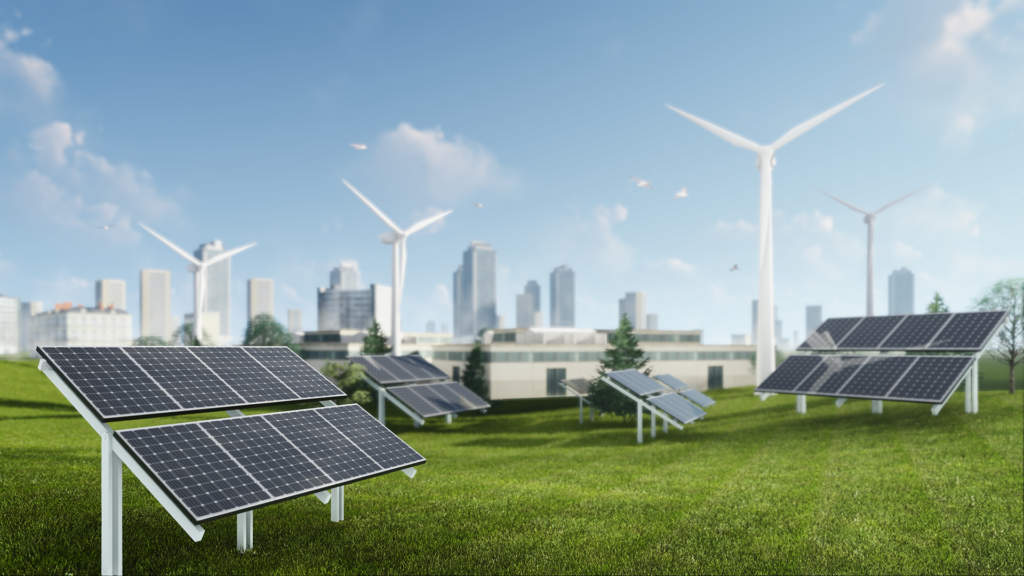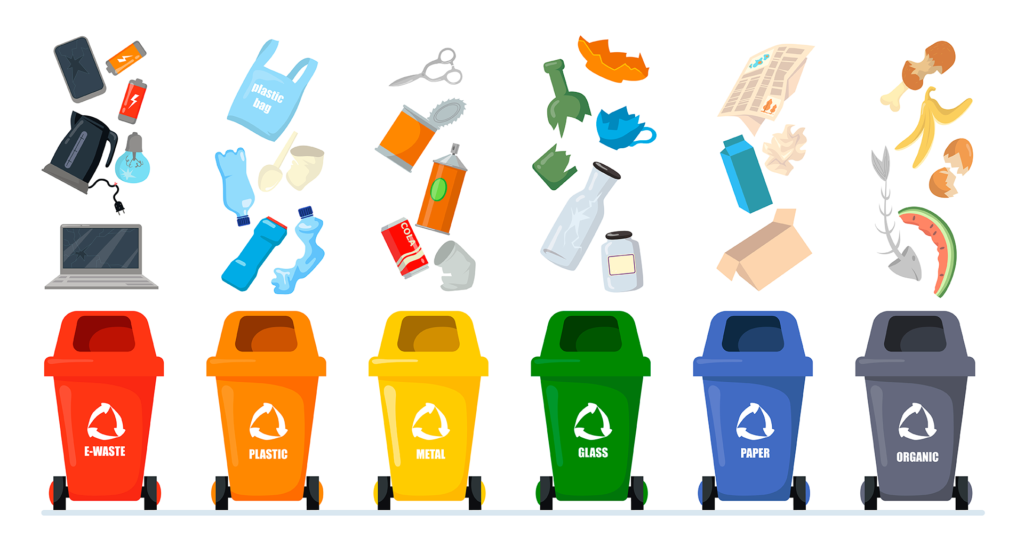Environmental Protection
Energy Consumption
Astarta aims to achieve maximum economic performance while reducing environmental impact through developing and implementing resource and energy efficiency programmes. The company does its best to implement modern energy management practices. As a result, some production facilities were certified per the international standard ISO 50001 “Energy Management” requirements. The company introduced and implemented the resource and energy efficiency programme “Best available technics” at the sugar plants to achieve energy efficiency goals. In addition, the company’s agro-enterprises are actively implementing a programme of updating agricultural machinery and introducing innovative IT tools for agricultural management resulting in a reduction of energy consumption and improvement in the efficiency of processes as a whole.
Astarta works hard to contribute to the achievement of the sustainable development goals aimed at mitigating climate change and meeting the requirements of the Paris Agreement. To this end, the company is constantly exploring opportunities in alternative energy sources. It already uses biomass pellets and biogas, produced from by-products of sugar production and waste from various industries at its own complex.

Emissions of Greenhouse Gases and other Pollutants
The company implemented a system for accounting and calculating emissions of greenhouse gases and other contaminants under the requirements of the GHG Protocol and national legislation. The system includes:
– inventory of all sources of greenhouse gas emissions and control;
– assessment of the efficiency of dust and gas cleaning installations and their technical review;
– monitoring of polluting substances emissions at the border of sanitary protection zones;
– constant training of personnel servicing dust and gas cleaning equipment.
The company conducts calculations of greenhouse gas emissions under Scope 1 and Scope 2. Scope 1 includes emissions from stationary and mobile sources, including livestock fermentation, manure storage, and synthetic fertilizer application. Scope 2 is indirect emissions from purchased electricity. In addition, the company conducts an inventory of Scope 3 sources of indirect greenhouse gas emissions.
Astarta launched a project aimed at developing a decarbonization strategy. The project’s purpose is to create a short-, medium- and long-term action plan with corresponding targets and scenarios for adaptation and prevention of climate change and its incorporation into the business model.
Water Withdrawal and Discharge
Water is one of the vital natural resources used in the production process and for household needs. Therefore rational consumption of water is one of the company’s key priorities.
Astarta withdraws water from the surface and underground sources under the water use permit provided by local government bodies. The company installed meters at all sources of water intake. Monitoring of water intake sources is carried out in accordance with the conditions of the permit for special water use.
The wastewater treatment system at the company’s enterprises includes treatment facilities, filtration fields, special septic tanks, cesspools, and manure storage areas. To control the impact of activities on groundwater within the filtration fields, the company conducts quarterly monitoring of water from observation wells. Sewage from cesspools is transferred to specialized organizations for their further disposal.

Waste
As a big agro-industrial holding, Astarta generates hazardous waste for the first, second, and third classes and low-hazardous waste for the fourth hazard class. Each production facility of the company has special yards for temporary waste storage and boxes for separate waste collection. Astarta aims to minimize the volume of waste of the first class of hazardous by replacing fluorescent lamps with LED ones. All hazardous waste is transferred to licensed organizations for further disposal: containers from plant protection agents, batteries, etc. To dispose of household waste, Astarta cooperates with municipal companies. Some low-hazard waste, such as secondary raw materials, is transferred to specialized organizations for further processing.

